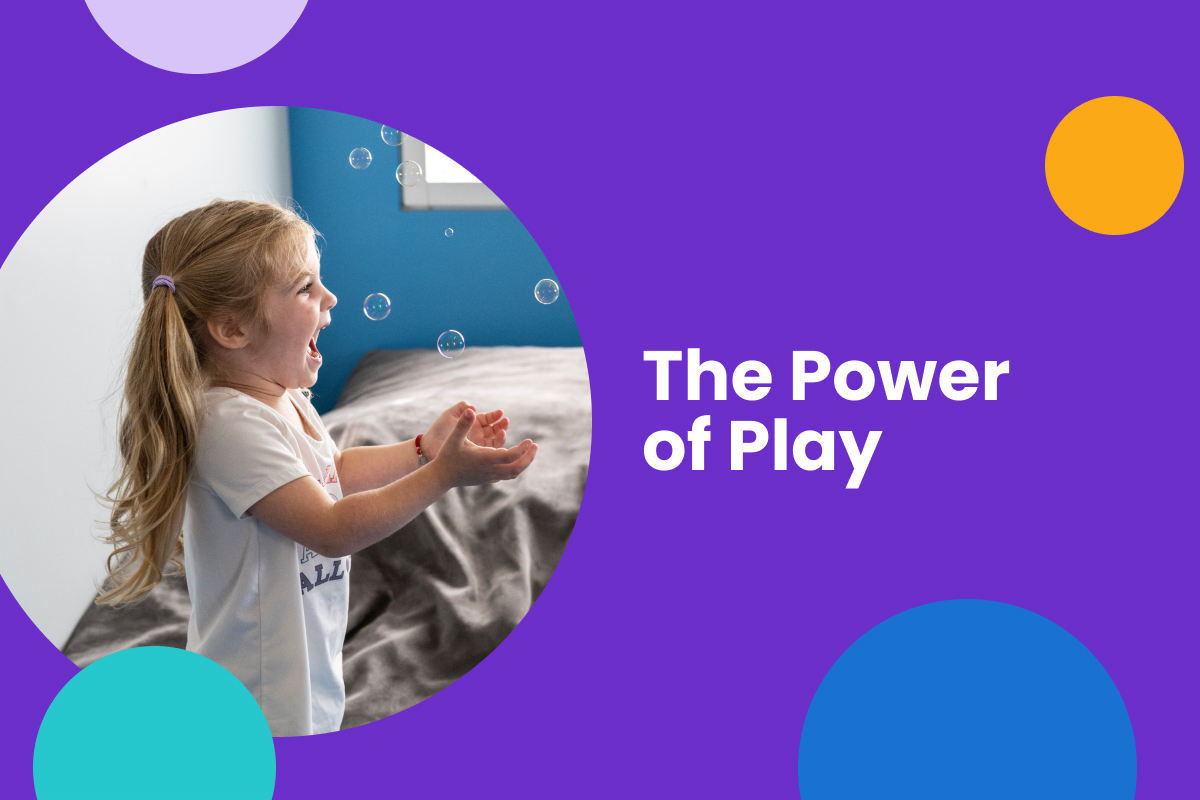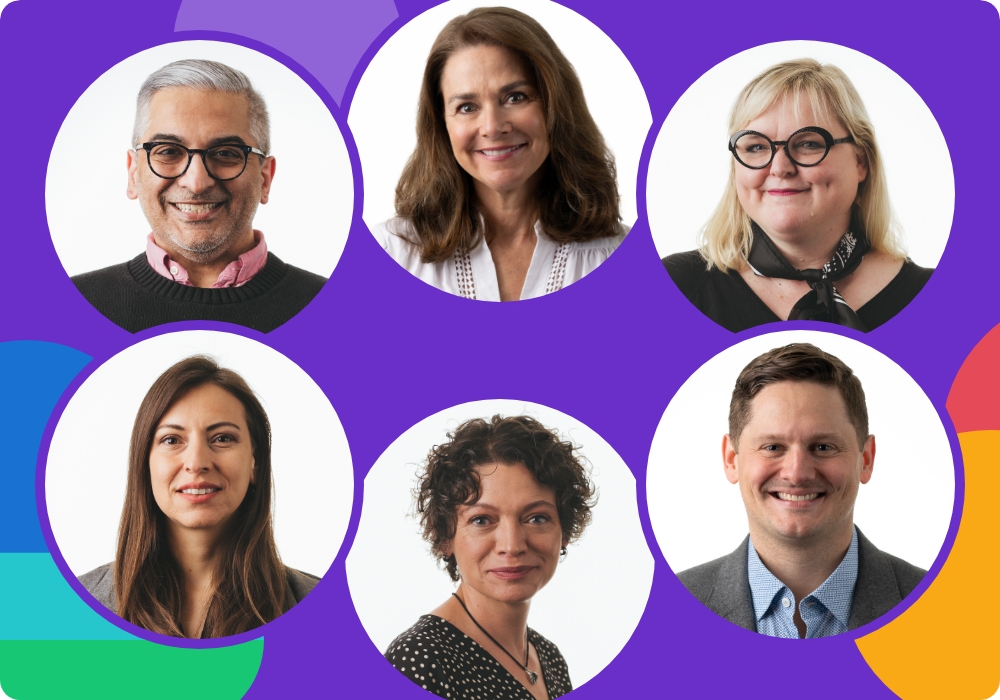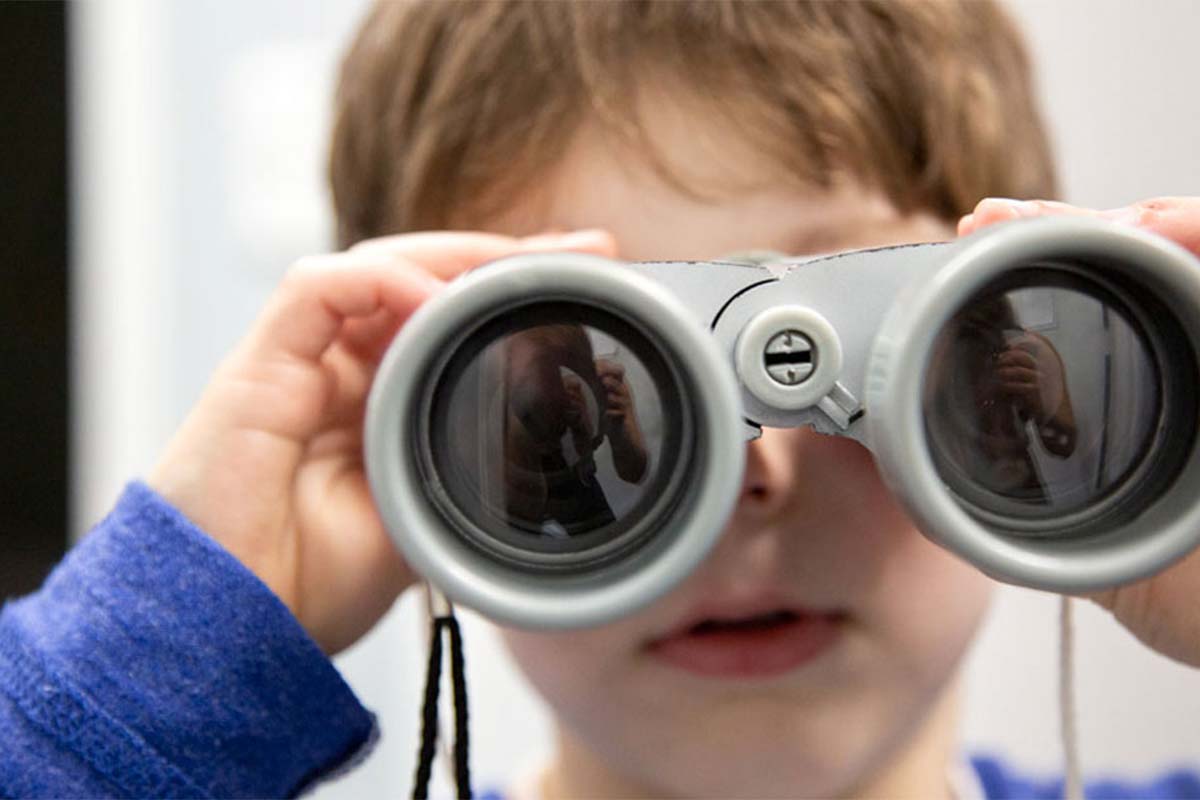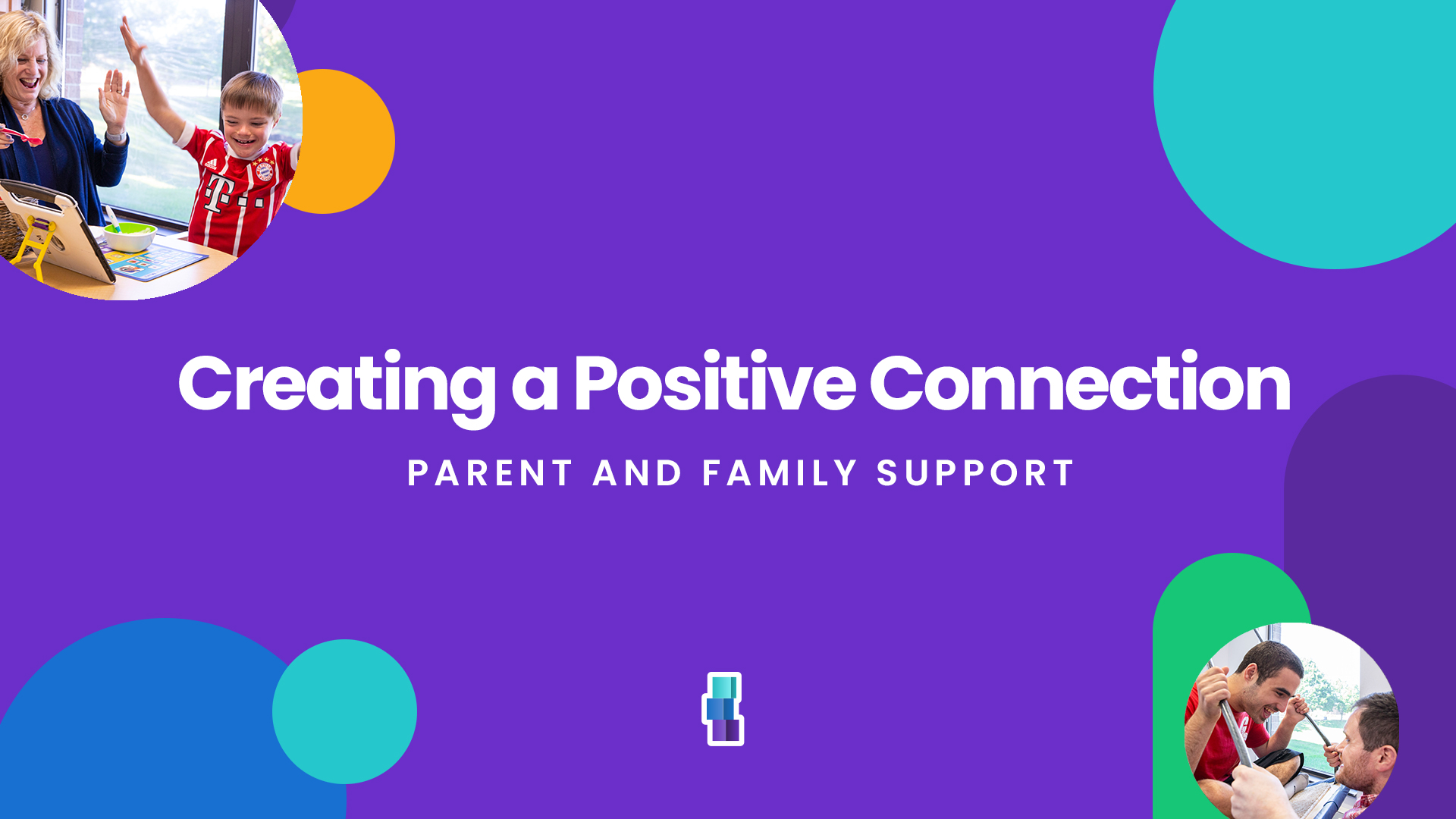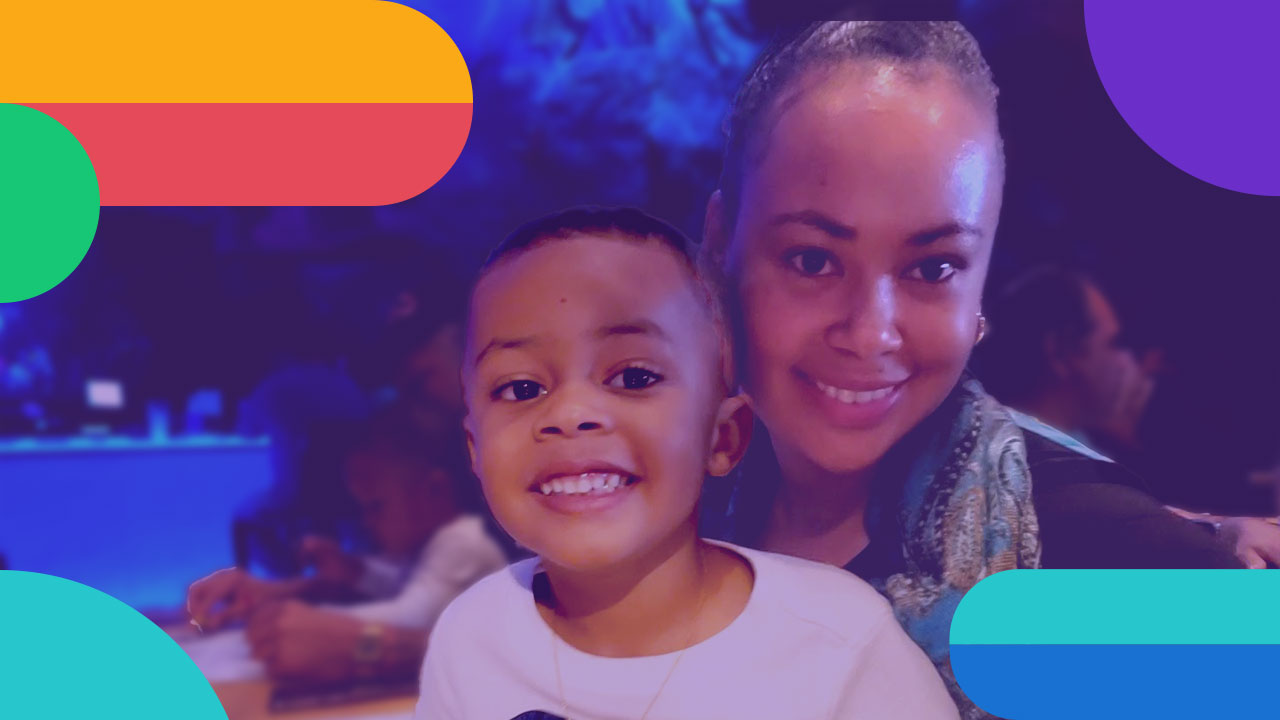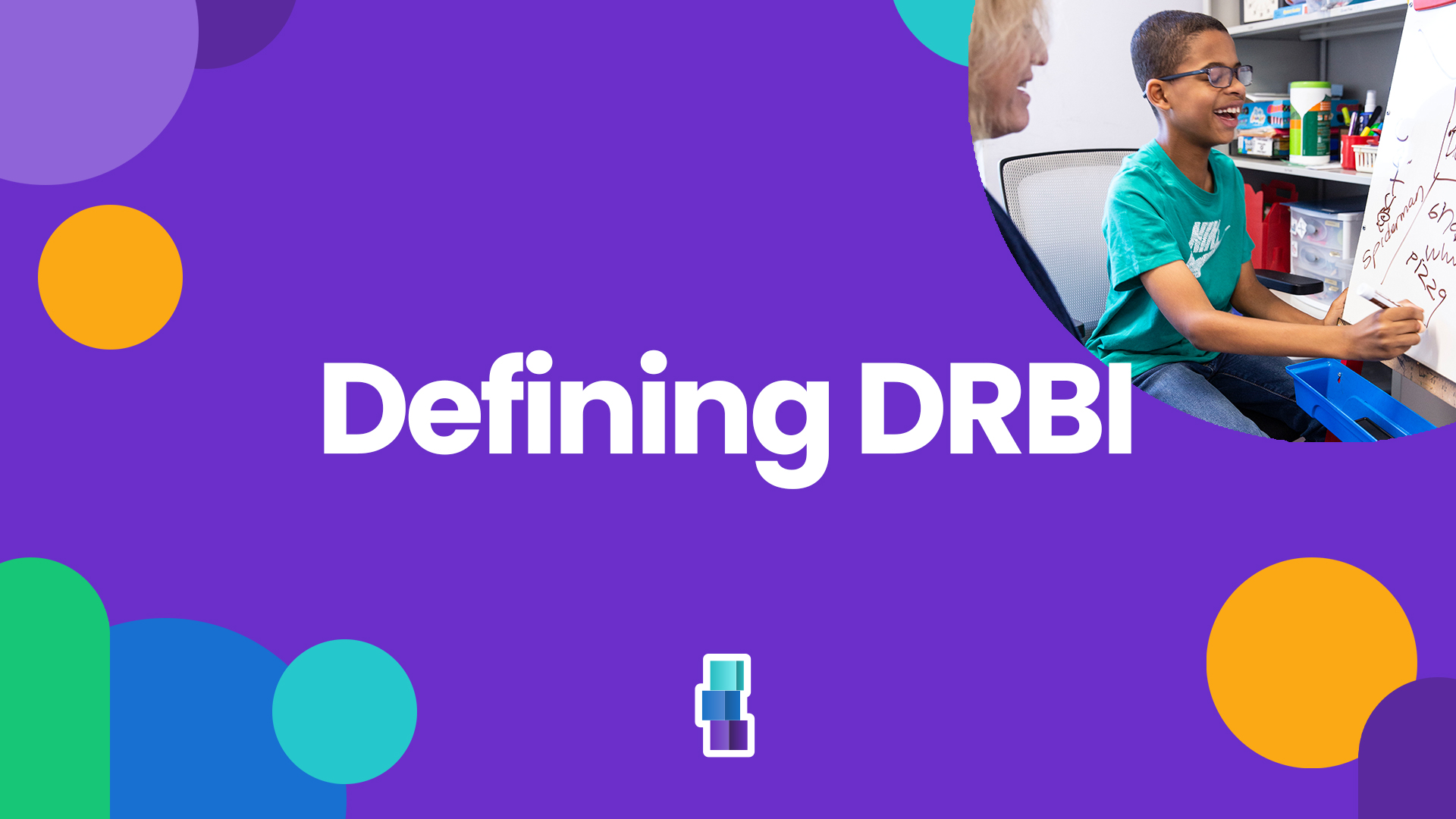
For a lot of people, a new year is a time to reflect on our goals and things we’d like to accomplish. Some of us have developing new habits on our lists - whether we want to be better allies, grow as human beings, or want to stop harming others or ourselves.
One of those goals some of us have is cleaning up the trash in our lives that is ableism. For the unaware, ableism is a form of discrimination against people with disabilities. According to the Center for Disability Rights, ableism is a “set of beliefs or practices that devalue and discriminate against people with physical, intellectual, or psychiatric disabilities and often rests on the assumption that disabled people need to be ‘fixed’ in one form or the other.” The Center continues, “ableism is intertwined in our culture, due to many limiting beliefs about what disability does or does not mean, how able-bodied people learn to treat people with disabilities and how we are often not included at the table for key decisions.”
That’s a lot to unpack. Essentially, ableism is baked into how we treat others, what we believe about ourselves, and who we include. Like many other “-ism”s, it doesn’t inherently mean you’re a bad person if you have actions that reflect this bias against disability. Ableism often, as the Center for Disability Rights points out, “shows its ugly face from nondisabled people with good intentions.”

We do this a lot. We’re well-intentioned people. We don’t intend to harm people with disabilities. They are our siblings, friends, loved ones, students, and ourselves. Even disabled and neurodivergent people like me struggle with ableism, whether it is internalized (that’s a discussion for another day!) or through overt actions or limiting beliefs. Here are some of the things I’m trying to unlearn for 2022, and hopefully we can do these things together!
What’s Out: Ableist Language
I’ve been trying for a long time to challenge myself to stop saying some of the words that are intertwined within our culture that are ableist in nature. You might be thinking that this ended with the “r-word” that is a slur against people with intellectual disabilities, especially due to the success of the “Spread the Word to End the Word” campaign.
There’s a whole list of words that can rightfully be construed as ableist, but some are far more common than others in our everyday life. In particular, the ones that are harmful against mental health disabilities and intellectual disabilities come to mind, such as “crazy,” “moron,” “idiot”, and others. Take a moment to reflect on how often you say these or experience other people or our culture using these words.
What’s In Instead: Creative Word Choices
Instead of “crazy” or “insane,” I keep thinking, “What do I really mean to say?” When someone says their day at work might be crazy, perhaps they mean the day was “busy” or “hectic” or something interesting happened.
Most of the time, I’ll think of a more colorful replacement, like “wild” or “ridiculous.”
For the slurs against people with intellectual disabilities, we can make the best of effort to say “that was silly” instead of “that was stupid/dumb” - just a jumping off point!
These alternatives aren’t an exhaustive list, and I challenge YOU to find great replacements that don’t unintentionally harm groups of people!
What's Out: Inaccessible virtual meetings
As we enter what is now the third year of virtual meetings and events due to the COVID-19 pandemic, it continually baffles me how many meetings are inaccessible. They’re too long, or there’s an expectation to have your camera on no matter what. Or some people talk too fast for diverse learners and leaders to take notes.
There’s a lot of ways to make meetings more inclusive, but let’s start with the basics since this can be a whole topic all by itself.
What's In: Closed captions, live transcripts, & ASL interpreters
It is super easy for Zoom users to implement closed captions and live transcription now that the service expanded its accessibility features to include free account holders. I began doing this for every meeting I am the host of as soon as I was able to, and because I teach college students, I make sure each class is recorded and captioned to help diverse groups of learners. Even if someone isn’t Deaf or hard of hearing, they can still benefit from captions.
Of course, if requested, be sure to have ASL interpretation for events and meetings. You don’t want to be ableist by unintentionally excluding a whole subset of people.
What's Out: Silence
I’m tired of neurotypical, nondisabled people not joining the charge for inclusion when they recognize something is ableist or wrong. Allies have SO much power because you all don’t face oppression in the same way based on disability.
What's In: Allyship and Solidarity
Educate others. Speak up. Show solidarity and don’t leave all the education and emotional labor to the disabled and neurodivergent people in your life (and if you do, make sure to properly compensate us for our efforts if you’re expecting us to do actual work)!
Stay tuned for more discussion on this and other important topics in the coming months! We’ve got some livestreams planned and you won’t want to miss them!


.png)
